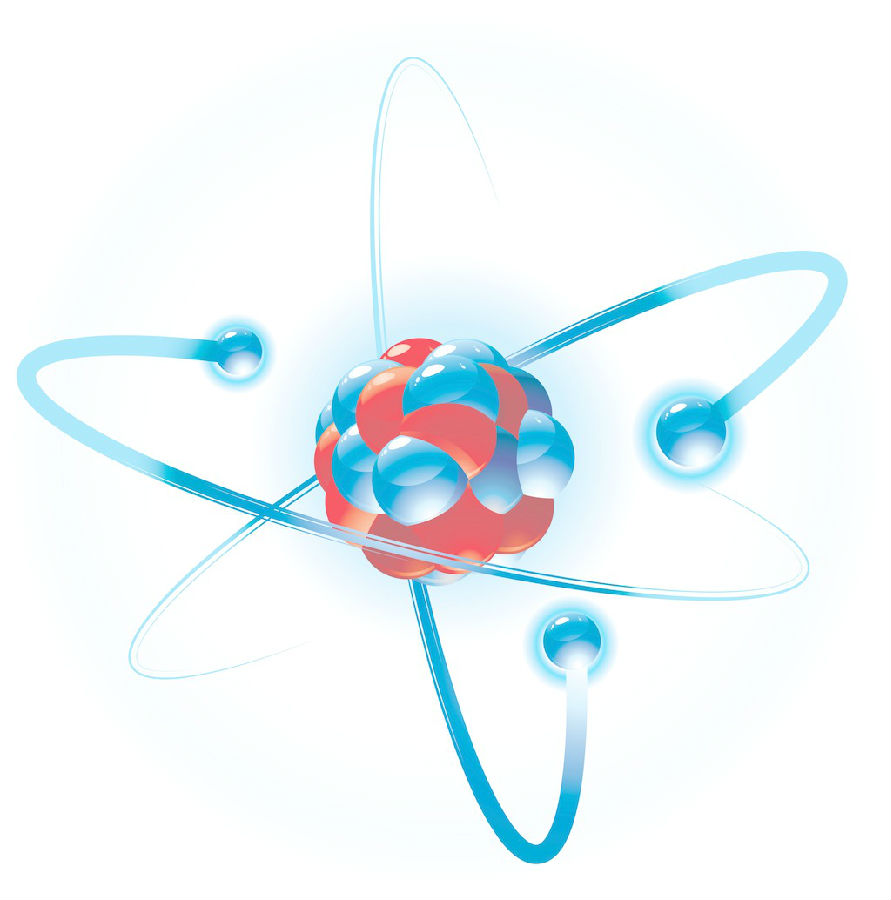(单词翻译:单击)
Einstein disliked that, too. He devoted the rest of his life to searching for a way to tie up these loose ends by finding a grand unified theory, and always failed. From time to time he thought he had it, but it always unraveled on him in the end. As time passed he became increasingly marginalized and even a little pitied. Almost without exception, wrote Snow, "his colleagues thought, and still think, that he wasted the second half of his life."
爱因斯坦也不喜欢这种状况。在他的余生里,他潜心寻找一种“大统一理论”来扎紧这些松开的绳头,但总是以失败告终。他有时候认为自己已经找到,但最后总是觉得白费工夫。随着时间的过去,他越来越不受人重视,甚至有点儿被人可怜。又是斯诺写道:“他的同事们过去认为,现在依然认为,他浪费了他的后半生。”
Elsewhere, however, real progress was being made. By the mid-1940s scientists had reached a point where they understood the atom at an extremely profound level—as they all too effectively demonstrated in August 1945 by exploding a pair of atomic bombs over Japan.
然而,别处正在取得实质性的进展。到20世纪40年代,科学家们已经达到这样一种程度:他们在极其深的层次上了解了原子──1945年8月,他们提供了最有力的证据:在日本上空爆炸了两颗原子弹。
By this point physicists could be excused for thinking that they had just about conquered the atom. In fact, everything in particle physics was about to get a whole lot more complicated. But before we take up that slightly exhausting story, we must bring another straw of our history up to date by considering an important and salutary tale of avarice, deceit, bad science, several needless deaths, and the final determination of the age of the Earth.
到那个时候,科学家们情有可原地认为,他们马上就要征服原子了。实际上,粒子物理学所涉及的一切,即将变得复杂得多。不过,我们在继续讲述这个有点儿包罗万象的故事之前,应当先把到最近为止的另一部分历史作个交待,考虑一下一个重要而又有益的故事,一个关于贪婪、欺骗、伪科学、几起不必要的死亡事件以及最终确定地球年龄的故事。


